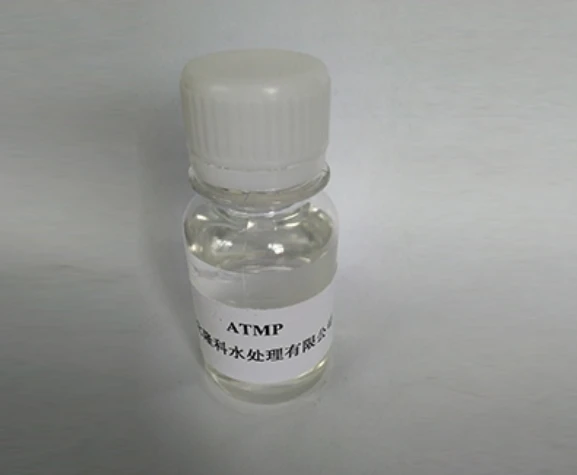Exploring Innovative Solutions for Water Scale Prevention and Inhibition Techniques
Understanding Water Scale Inhibitors Benefits and Applications
Water is essential for life, but it can also be a source of numerous challenges, particularly when it comes to its use in industrial applications. One of the most significant issues faced in water systems is scale formation. Water scale, primarily composed of mineral deposits such as calcium carbonate, calcium sulfate, and magnesium carbonate, can lead to significant operational problems, including decreased efficiency, increased maintenance costs, and potential equipment failure. To combat these challenges, water scale inhibitors have emerged as a fundamental solution in various industries.
What are Water Scale Inhibitors?
Water scale inhibitors are chemical agents used to prevent or reduce the formation of scale in water systems. They function by interfering with the crystallization process of scale-forming minerals, thus preventing them from adhering to surfaces within pipes, heat exchangers, boilers, and cooling systems. By maintaining a stable solution and preventing solid crystal growth, these inhibitors help keep water systems running smoothly and efficiently.
Types of Water Scale Inhibitors
There are several types of water scale inhibitors, each with specific mechanisms of action and applications
1. Phosphonates These are among the most commonly used scale inhibitors. They work by chelating calcium ions, preventing them from forming solid scale. Phosphonates are effective over a wide pH range and are suitable for treating both hot and cold water systems.
2. Polyacrylates This type of inhibitor is effective at dispersing suspended particles and preventing scaling by altering the crystal growth patterns of minerals. Polyacrylates are particularly useful in applications where high concentrations of mineral content are present.
3. Carboxylated Copolymers These compounds not only inhibit scale formation but also enhance the stability of dispersed particles in water. Their dual functionality makes them valuable in maintaining clean systems.
4. Silicate-based Inhibitors Silicates help prevent scale formation at high temperatures and are often used in boiler systems. They create a protective layer on metal surfaces, reducing corrosion risks along with scale formation.
Benefits of Using Water Scale Inhibitors
The use of water scale inhibitors offers numerous advantages, making them a vital part of water management strategies in various industries
water scale inhibitor

1. Cost Savings By preventing scale formation, industries can avoid costly downtimes associated with equipment failures and the need for extensive maintenance. Regular use of scale inhibitors can extend the lifespan of equipment.
2. Energy Efficiency Scale can act as an insulating layer, reducing the efficiency of heat exchangers and boilers. By controlling scale buildup, inhibitors contribute to improved thermal efficiency, leading to lower energy consumption.
3. Operational Efficiency In water systems, the smooth flow of water is critical. Scale buildup can restrict flow, leading to pressure drops and potential system failures. Inhibitors help maintain optimal flow conditions.
4. Environmental Compliance Many industries face strict environmental regulations. By reducing scale and subsequent wastewater issues, scale inhibitors can help industries meet compliance requirements more effectively.
Applications of Water Scale Inhibitors
Water scale inhibitors find applications across a wide range of industries, including
- Power Generation In power plants, where boilers and cooling towers are prevalent, scale inhibitors are essential to prevent efficiency losses and extend equipment life.
- Oil and Gas In oil extraction and processing, scale can form in pipelines and equipment. Inhibitors help maintain smooth operations and protect against corrosion.
- Agriculture In irrigation systems, scale can clog pipes and reduce efficiency. Using inhibitors can help ensure a steady flow of water to crops.
- Water Treatment In desalination plants and municipal water systems, scale inhibitors play a crucial role in maintaining system efficiency and quality.
Conclusion
Water scale inhibitors are indispensable in managing water quality and ensuring efficient operations across various industries. With a variety of types available, industries can select the most suitable inhibitors based on their specific needs and operational parameters. By preventing scale formation, these chemical agents not only enhance system efficiency but also contribute to cost savings and sustainability in water management practices. As industries continue to evolve, the importance of effective water scale management will undoubtedly remain a crucial aspect of operational success.
-
Water Treatment with Flocculant Water TreatmentNewsJun.12,2025
-
Polymaleic AnhydrideNewsJun.12,2025
-
Polyaspartic AcidNewsJun.12,2025
-
Enhance Industrial Processes with IsothiazolinonesNewsJun.12,2025
-
Enhance Industrial Processes with PBTCA SolutionsNewsJun.12,2025
-
Dodecyldimethylbenzylammonium Chloride SolutionsNewsJun.12,2025





